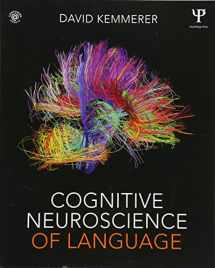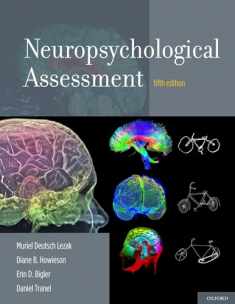
Cognitive Neuroscience of Language
Book details
Summary
Description
Language is one of our most precious and uniquely human capacities, so it is not surprising that research on its neural substrates has been advancing quite rapidly in recent years. Until now, however, there has not been a single introductory textbook that focuses specifically on this topic.
Cognitive Neuroscience of Language fills that gap by providing an up-to-date, wide-ranging, and pedagogically practical survey of the most important developments in the field. It guides students through all of the major areas of investigation, beginning with fundamental aspects of brain structure and function, and then proceeding to cover aphasia syndromes, the perception and production of speech, the processing of language in written and signed modalities, the meanings of words, and the formulation and comprehension of complex expressions, including grammatically inflected words, complete sentences, and entire stories.
Drawing heavily on prominent theoretical models, the core chapters illustrate how such frameworks are supported, and sometimes challenged, by experiments employing diverse brain mapping techniques. Although much of the content is inherently challenging and intended primarily for graduate or upper-level undergraduate students, it requires no previous knowledge of either neuroscience or linguistics, defining technical terms and explaining important principles from both disciplines along the way.


We would LOVE it if you could help us and other readers by reviewing the book
Book review




